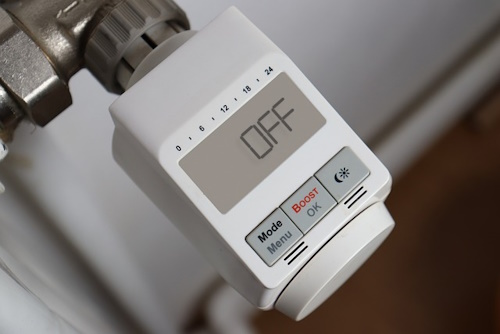
The smart home era is transforming daily through integrating technology into different parts of the home, from lighting and heating to security and entertainment. An increasingly important, yet less discussed, aspect of this revolution is smart home plumbing systems. These systems blend technology and convenience to streamline household functions, reduce water waste, and enhance the overall efficiency of your home and its management.
What is Smart Home Plumbing?
Smart home plumbing refers to the integration of technology into home water systems to manage water usage, heating, and monitoring more efficiently. This technology can include smart water heaters, intelligent leak detection systems, and automated water conditioning systems, among others. The primary goal is to improve water efficiency, prevent damage from leaks, and enhance the user’s convenience and control over their home environment.
Components of Smart Home Plumbing Systems
Smart Water Heaters: These devices can be programmed to heat water at specific times, adjusting to the household’s usage patterns to save energy. Some models can even be controlled remotely through a smartphone app, allowing homeowners to adjust settings when away from home.
Intelligent Leak Detection: Leak detection systems use sensors to monitor water flow and pressure throughout the plumbing network. They can identify leaks, sometimes down to the exact location, and alert homeowners immediately through mobile notifications. This early detection can prevent significant damage and save on water bills.
Automated Water Softeners and Conditioners: Water quality management is also a part of smart plumbing systems. These units automatically adjust the conditioning levels based on real-time monitoring of water usage and quality, ensuring better water for use throughout the home.
Smart Irrigation Systems: Integrated into home landscaping, these systems optimize water usage based on the weather conditions and the moisture level of the soil, ensuring that plants receive the right amount of water without waste.
Touchless Faucets and Fixtures: With hygiene as a priority, especially post-pandemic, touchless faucets and toilets have gained popularity. They help reduce water usage and limit the spread of germs.
Benefits of Smart Home Plumbing
Enhanced Water Efficiency: By optimizing water usage, smart plumbing systems can significantly reduce household water consumption. Smart irrigation systems ensure that gardens are not overwatered, and intelligent water heaters reduce energy consumption by heating only the required amount of water.
Improved Leak Prevention: Leak detection systems provide real-time monitoring and alerts for any irregularities in the water system. This not only helps in preventing structural damage due to leaks but also reduces the risk of mold and mildew formation, which are common in damp areas.
Convenience and Control: Smart plumbing systems offer unparalleled convenience. Homeowners can adjust settings, monitor usage, and receive alerts all from their smartphones or other connected devices. Whether it’s adjusting the water heater or checking water consumption patterns, smart plumbing brings control to the fingertips of the user.
Cost Savings: While the initial setup cost for smart plumbing systems might be higher than traditional systems, the long-term savings on water and energy bills can be substantial. Additionally, avoiding major leak damages can save thousands in potential repairs.
Implementation Considerations
Before implementing a smart home plumbing system, several factors should be considered:
Compatibility: Homeowners should ensure that the new technology is compatible with their existing plumbing systems and home network.
Cost: Evaluate the cost versus benefits, as some advanced features might not be necessary for all households.
Complexity: Consider the complexity of installation and maintenance. Some systems may require professional installation and regular maintenance checks.
Security: As with all IoT devices, security is crucial. Ensure that all connected plumbing devices have robust security measures to protect against hacking and data breaches.
The future of smart home plumbing looks promising, with advancements leaning towards more sustainable and self-maintaining systems. Innovations such as greywater recycling systems and advanced water purification technologies are on the horizon, aiming to make homes even more environmentally friendly and efficient.
Smart home plumbing represents a significant leap forward in managing home water systems. As technology continues to evolve, the integration of these systems into everyday life will likely become more seamless, offering even greater efficiency and convenience. For homeowners looking to modernize their homes and reduce their environmental impact, investing in smart home plumbing is a wise decision. This integration not only enhances the quality of life but also contributes to a sustainable future.
